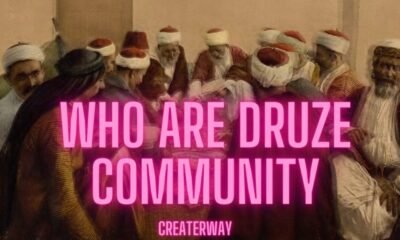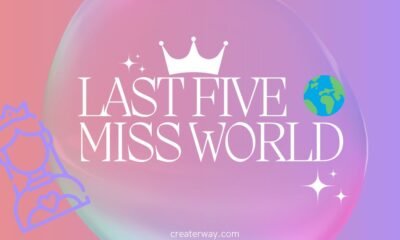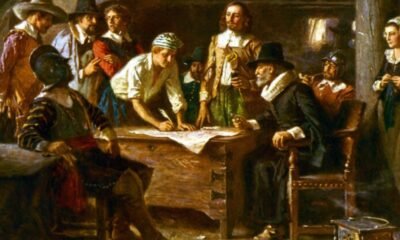RELIGIOUS
MUSLIM MINORITY NYT CROSSWORD PUZZLES
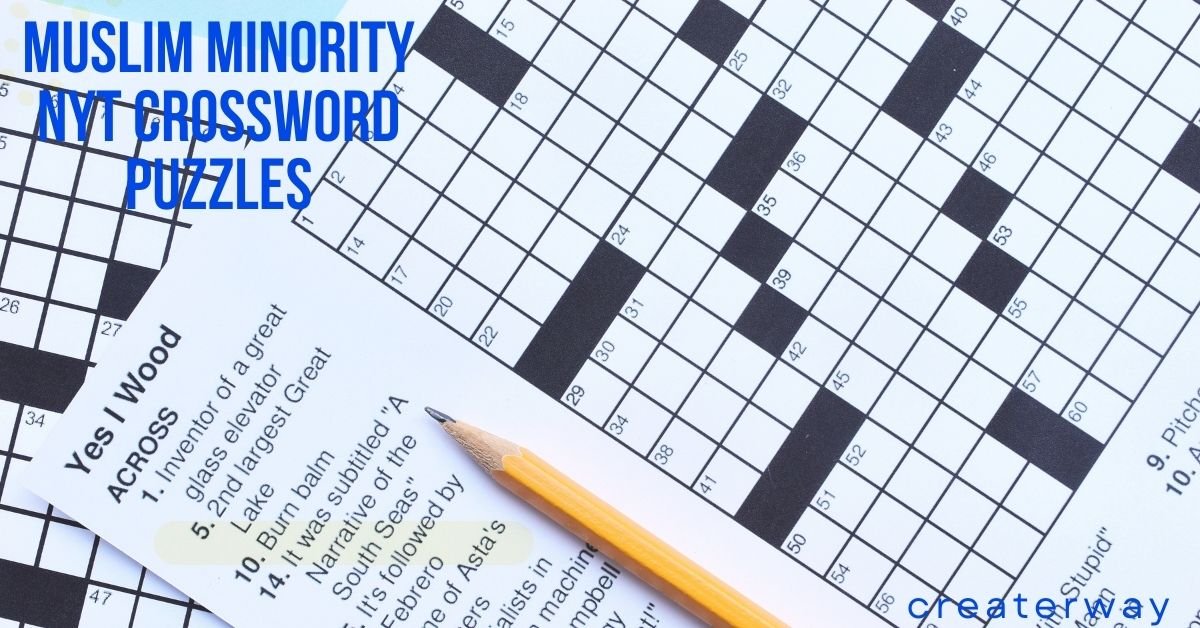
Crossword puzzles have been a beloved feature in print media for over a century, serving as a mental workout and an entertaining pastime for millions. However, their content often reflects societal attitudes, including religion, ethnicity, and cultural diversity. This article delves into the representation of the Muslim minority NYT crossword puzzles, exploring how these puzzles have evolved better to reflect the inclusivity and diversity of our world.
The Role of Crossword Puzzles in Print Media
Crossword puzzles are a staple in newspapers and magazines, challenging readers’ vocabulary, reasoning, and general knowledge. They mirror the cultural and linguistic landscape in which they are created, often revealing biases, stereotypes, or, conversely, efforts to promote inclusivity.
The New York Times Crossword and Its Influence
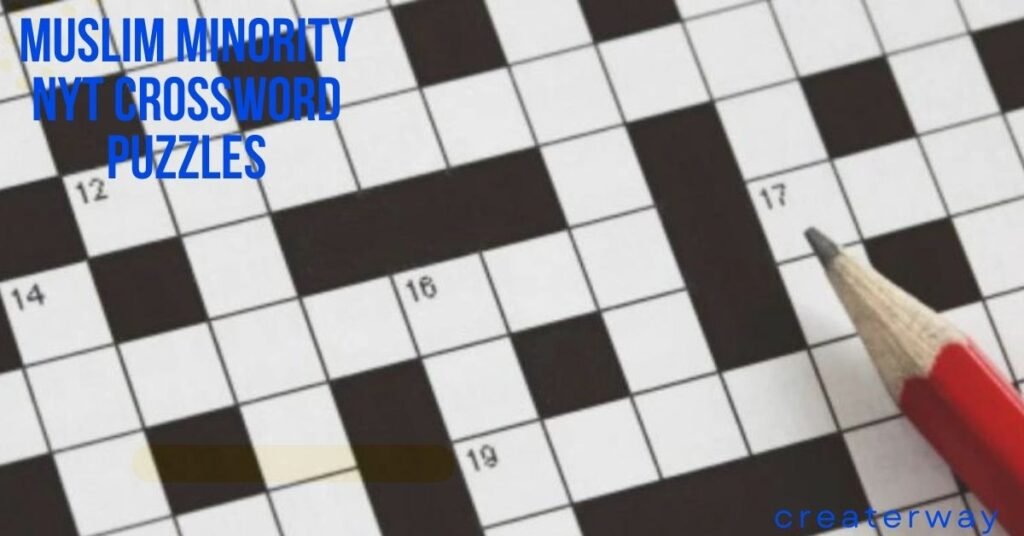
MUSLIM MINORITY NYT CROSSWORD PUZZLES
The New York Times (NYT) crossword is arguably the world’s most well-known and respected. Its influence extends beyond wordplay, impacting cultural norms and attitudes through the language it employs and the subjects it addresses.
Early Crossword Biases
Historically, crossword puzzles have had their share of biases and shortcomings. In their early days, they often reflected the prejudices and stereotypes prevalent in society. Words, clues, and references associated with minority groups, including Muslims, were sometimes inaccurately or insensitively depicted.
The Evolution of Crossword Puzzles
In recent years, crossword puzzles have transformed, with a growing emphasis on diversity and inclusivity. The New York Times crossword, under the leadership of editors like Will Shortz, has made conscious efforts to evolve and address historical biases.
Muslim Minority Representation
The representation of the Muslim minority in crossword puzzles is a significant aspect of this evolution. While there may still be occasional instances where terms or clues related to Islam or Muslims are not presented with the utmost accuracy or sensitivity, there is an evident push to improve this aspect.
Accurate Clues and Words
Inclusive crossword construction involves providing accurate and respectful clues for words related to Islam, Muslim culture, and the global Muslim community. Editors and constructors strive to ensure that these clues reflect a more precise and respectful understanding of the subject matter.
A Global Perspective
The New York Times crossword increasingly represents a global perspective. Clues and answers reference Muslim-majority countries, historical figures, and cultural aspects. This educates solvers about the diversity and complexity of the Muslim world.
Promoting Cultural Understanding
Crossword puzzles can also be a platform for promoting cultural understanding. Clues and answers that touch on Islamic traditions, art, literature, and history help demystify these aspects for a broader audience.
Muslim Crossword Constructors
Including Muslim crossword constructors has been a positive step in ensuring authentic representation. These constructors bring their unique perspective to creating puzzles, contributing to a more accurate portrayal of Islamic culture and the Muslim experience.
Ongoing Challenges
While there has been progress, there are still challenges to address. Some crossword puzzles may inadvertently perpetuate stereotypes or rely on clichés related to Islam. Vigilance and sensitivity are required in crossword construction to avoid such pitfalls.
The Role of Feedback
Feedback from solvers is instrumental in refining crossword puzzles. The New York Times crossword community significantly alerts editors to any representation, accuracy, or sensitivity issues.
READ MORE ABOUT IS ISLAM MONOTHEISTIC OR POLYTHEISTIC.


